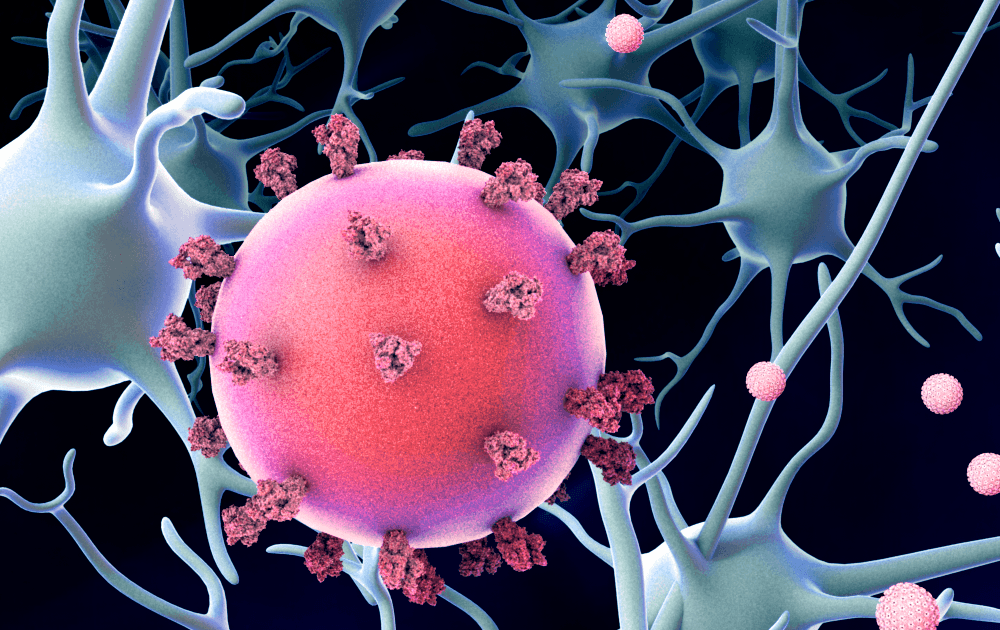
Study: COVID-19 Patients Have Had Strokes, Other Neurological Ailments
Barrow Neurological Institute Neurologist Co-authors Study with Researchers in Wuhan
Patients with COVID-19 can have neurological deficits, including strokes, according to the world’s first study analyzing the virus’s effect on the nervous system.
The study, published this month in JAMA Neurology, analyzed 214 patients hospitalized with confirmed cases of COVID-19 in Wuhan, China, the original epicenter of the pandemic, between Jan. 16 and Feb. 19. More than a third of those patients (36.4 percent) presented neurological symptoms along with respiratory problems. In severe cases of infection, 45 percent of patients had neurological symptoms.

“We originally felt COVID-19 was a respiratory problem. Now we’ve learned that there may be other early signs of the infection,” says David Wang, DO, a neurologist and co-director of the Stroke Program at Barrow Neurological Institute. Dr. Wang collaborated on the study with researchers from Huazhong University of Science and Technology in Wuhan.
Dr. Wang says patients presenting with symptoms of loss of smell and taste may be in the early stages of the disease – and they may not have a persistent cough or fever, which is typically associated with COVID-19. In more severe cases, patients may experience a stroke or confusion.
“It is important for health care providers on the front lines to consider potential neurological-related symptoms when assessing new patients,” says Dr. Wang.
“Compared with patients with non-severe infection, patients with severe infection were older, had more underlying disorders, especially hypertension, and showed fewer typical symptoms of COVID-19, such as fever and cough,” the researchers wrote.
